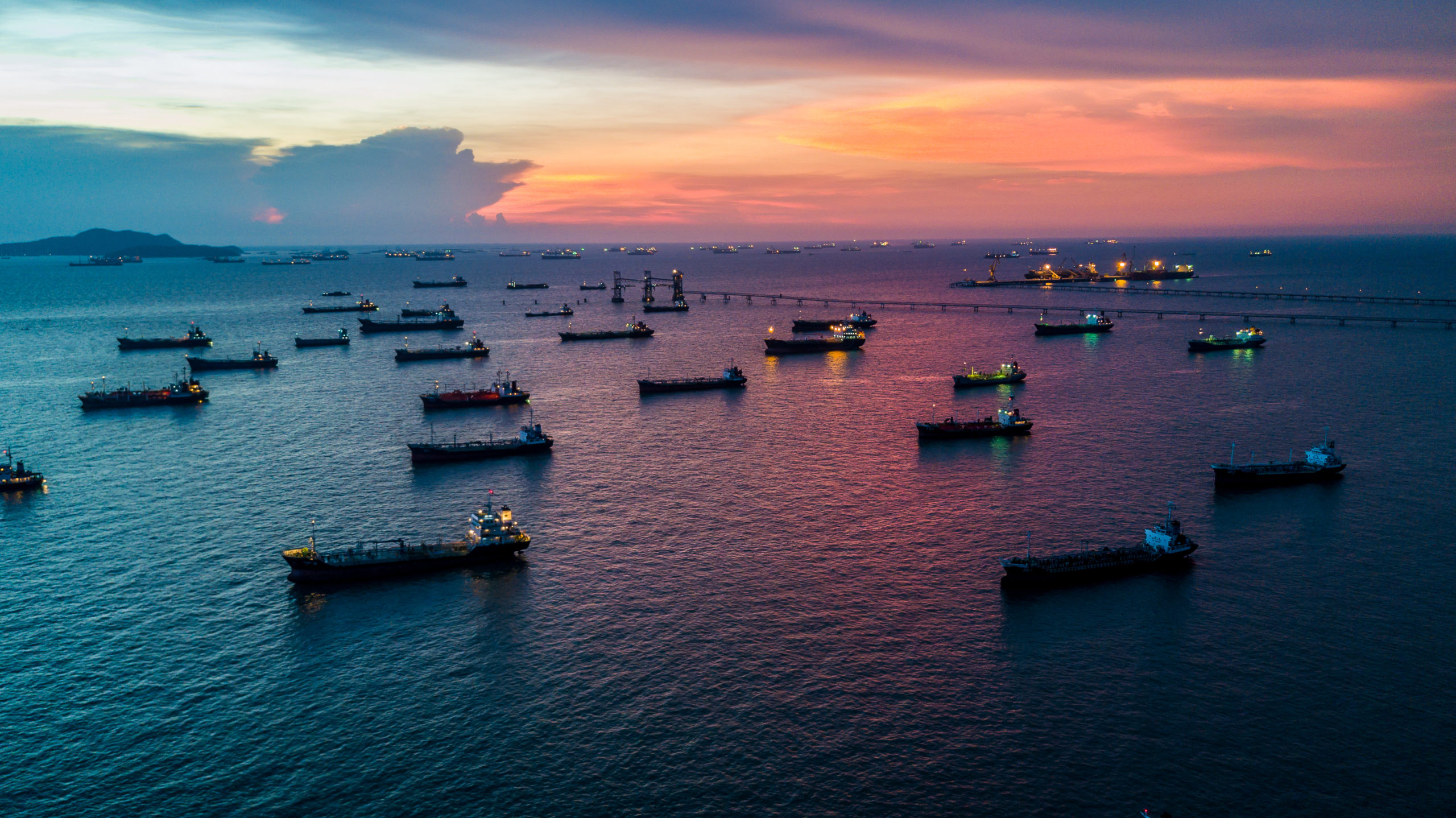Background:
On June 13th, news of two oil tankers engulfed in flames in the Gulf of Oman brought renewed anxiety and attention to a long-simmering situation. While the U.S.-Iranian relationship has been challenged for decades, the current economic and diplomatic strains have escalated since the Trump administration chose to exit the JCPOA (Iran nuclear deal). Academy Securities has led with long term analysis on the growing tensions with Iran and has provided regular updates on the escalating situation since April. At this time, Academy’s Geopolitical Intelligence Group remains concerned about the risk of miscalculation and given the pattern of attacks, we anticipate continued and even increased U.S. military presence in the region. Below you will find links to our previous discussions on Iran and some updated comments from our team of Admirals and Generals.
Comments from our Geopolitical Intelligence Group:
“Today’s reported damaging of two oil tankers near the Strait of Hormuz shouldn’t surprise anyone as tensions have recently risen in and around the Persian Gulf. After the May 12th attacks on four oil tankers off the coast of the United Arab Emirates port of Fujairah and the attack on a Saudi Arabia oil pipeline the next day, fingers will probably again point to Iran. While it is in both the United States’ and Iran’s interests to avoid conflict, events like this risk miscalculation and heighten the chances of escalation towards conflict. Always a factor is Iran’s tendency to move fast when threatened. Another factor is the lack of communication between Washington and Tehran. However, a positive step occurred this week when Japan’s Prime Minister Shinzo Abe met with Iran’s President Rouhani in an attempt to ease the U.S. – Iran tension. At the end of the day, President Trump has continued to emphasize that he prefers avoiding war and has said repeatedly that he is open to a phone call from Iran. The continued uncertainty will certainly continue to drive volatility in the oil market.” Lieutenant General Robert Walsh
“I believe the Iranians are progressively escalating to bring pressure against the U.S. in an effort to either change policy on sanctions or provoke a U.S. response – making the situation more dangerous and bringing international opinion against the U.S. First, the United States needs to gain attribution information and conduct analysis on the damage to determine solid forensics. Second, the U.S. needs to talk to regional partners and other allies to coordinate diplomatic and other supporting efforts. Coalition options to be considered are: transiting the Strait with U.S. task force elements, propose coalition escort of oil tankers (which means less of a U.S. unilateral effort), and lastly, if conclusive proof of Iranian action as the cause, then consider punitive actions against Iranian naval or IRGC naval assets. Doing nothing is not an option.” Lieutenant General Francis Kearney
“This series of attacks demonstrates that the U.S. increased concern and preparedness with respect to Iran conducting aggressive, hostile actions in the Gulf region are fully warranted.” Lieutenant General David Deptula
Original Post 6/13/2019


